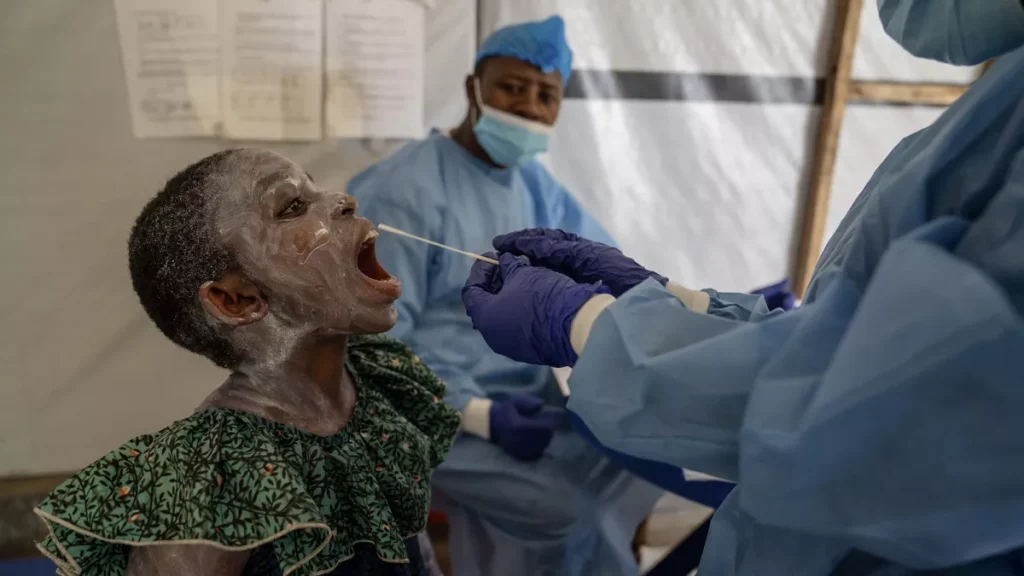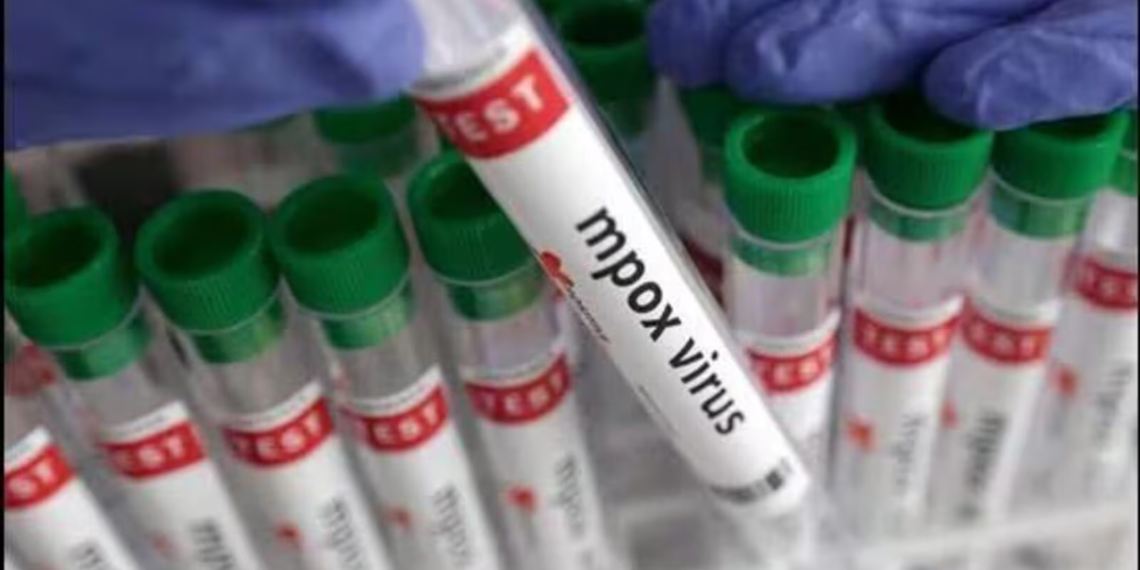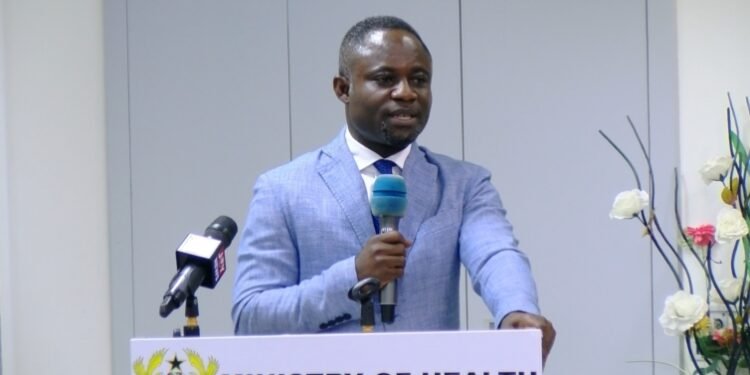The ongoing mpox outbreak, which started in 2022, has evolved into a significant global health crisis. With over 99,000 confirmed cases and 208 deaths reported across 116 countries, the virus’s spread has raised alarm beyond its traditional strongholds.
Particularly concerning are recent cases in Sweden and Pakistan, signaling a troubling expansion of the virus’s reach. In light of this, The Vaultz News interviewed Professor Muhammed Munir, a virologist with extensive research experience in virus pathobiology, to assess the current global response and explore what can be learned from past pandemics.
Gaps in Preparedness Highlighted by Spread to New Regions
When asked about the global response to the mpox outbreak, Munir commended the relatively swift initial actions taken by health authorities. However, he pointed out significant gaps in preparedness and surveillance, particularly as the virus spreads to non-endemic countries.
“The recent spread to non-endemic regions reveals critical shortcomings in global health infrastructure,” he said.
“While endemic regions like the Democratic Republic of the Congo (DRC) have seen focused efforts, there is a pressing need for a broader, more proactive strategy on a global scale. This includes enhancing international collaboration to prevent further spread and improving health infrastructure to manage cases more effectively.”
Muhammed Munir
Debating the Need for Stringent Responses
The Central African strain of mpox, which has a lethality rate of around 5%, has sparked debate about the appropriate level of global response. When asked if the response to mpox should be as stringent as that for COVID-19, which had a lower lethality rate of 1%, Munir suggested that while the virus demands serious attention, its transmission dynamics differ significantly from COVID-19.
“A response as stringent as that for COVID-19 may not be necessary for mpox,” he explained.
“However, targeted interventions, particularly in high-risk areas, are crucial. The key is a balanced approach that considers both the lethality of the virus and its transmission patterns. A one-size-fits-all strategy, like the one employed during the COVID-19 pandemic, might not be the most effective path forward.”
Muhammed Munir
Applying Lessons from COVID-19
Reflecting on the COVID-19 pandemic, he emphasized the importance of early, transparent communication and robust global collaboration — lessons that should be applied to managing the mpox outbreak.
“The COVID-19 pandemic taught us the value of early and transparent communication, which helped to mobilize resources quickly,” he said.
“These lessons should be applied to mpox, particularly in terms of developing flexible public health strategies that can adapt as the situation evolves. Equity in resource distribution, especially in underserved regions, is also critical to managing this outbreak effectively.”
Muhammed Munir
He also highlighted the need to combat online misinformation and disinformation about the virus.

Challenges in International Collaboration
Muhammed Munir also evaluated the effectiveness of international collaboration in tackling mpox compared to the coordination seen during COVID-19. While there has been some level of cooperation, he noted that it lacks the depth and alignment observed during the COVID-19 response.
“International collaboration is present but not as coordinated as it was during the COVID-19 pandemic,” Munir remarked. “Organizations like the World Health Organization (WHO) and the African Union CDC have played significant roles, but there is room for improvement. Involving non-governmental organizations and the private sector more broadly could enhance the overall effectiveness of the response.”
Muhammed Munir
The Need for a Robust and Equitable Global Response
Addressing the lower recognition of mpox’s severity outside Africa, Munir emphasized the importance of ensuring a robust and equitable global response.
“Public health messaging must underscore that mpox is a global concern, not just a regional issue,” he urged.
“Education and awareness in non-endemic regions are essential for early detection and reporting. Additionally, resource allocation should prioritize high-risk areas, while global health organizations must work towards strengthening health systems universally. This approach will not only help manage the current outbreak but also prepare us for future health challenges.”
Muhammed Munir
As such, as the mpox outbreak continues to unfold, Munir’s insights underline the need for a tailored, informed response that leverages past experiences while addressing the unique challenges posed by this virus.
READ ALSO: Dr Bawumia Losses 33% of 2020 NPP Voters






















